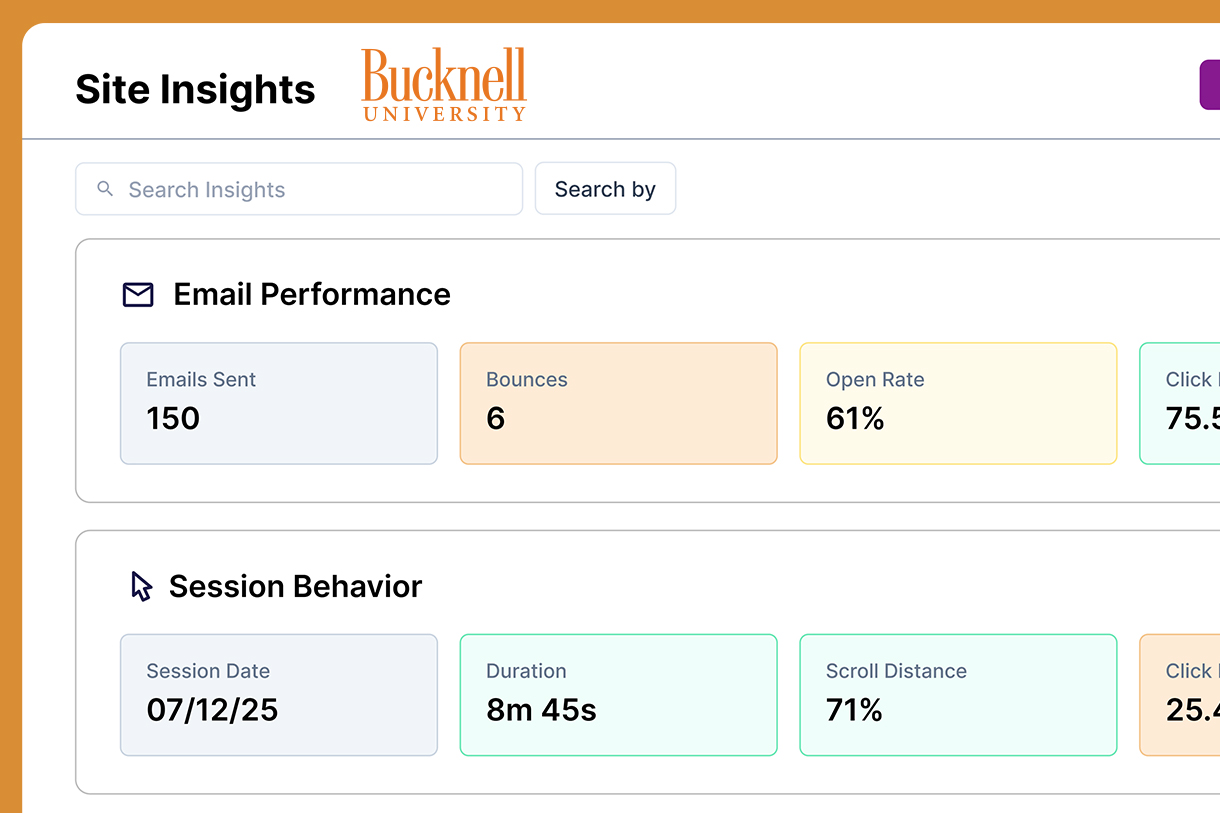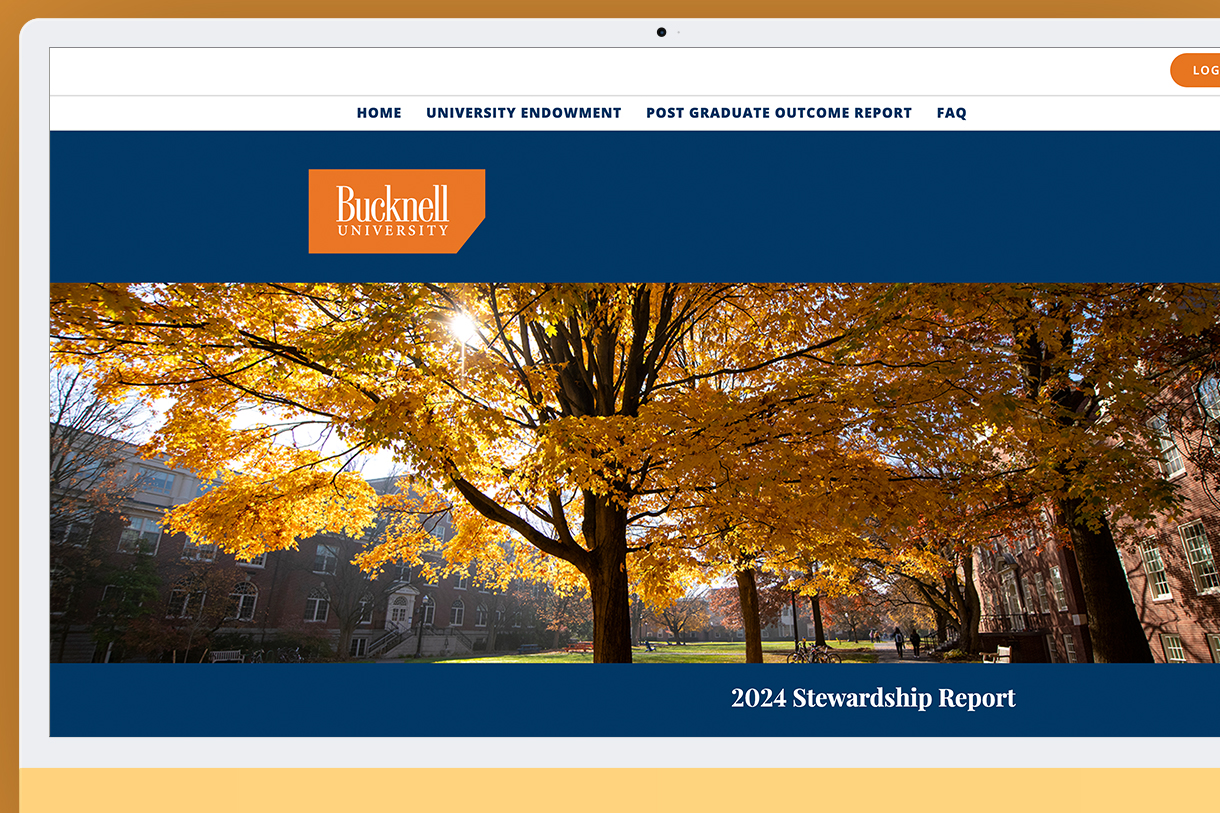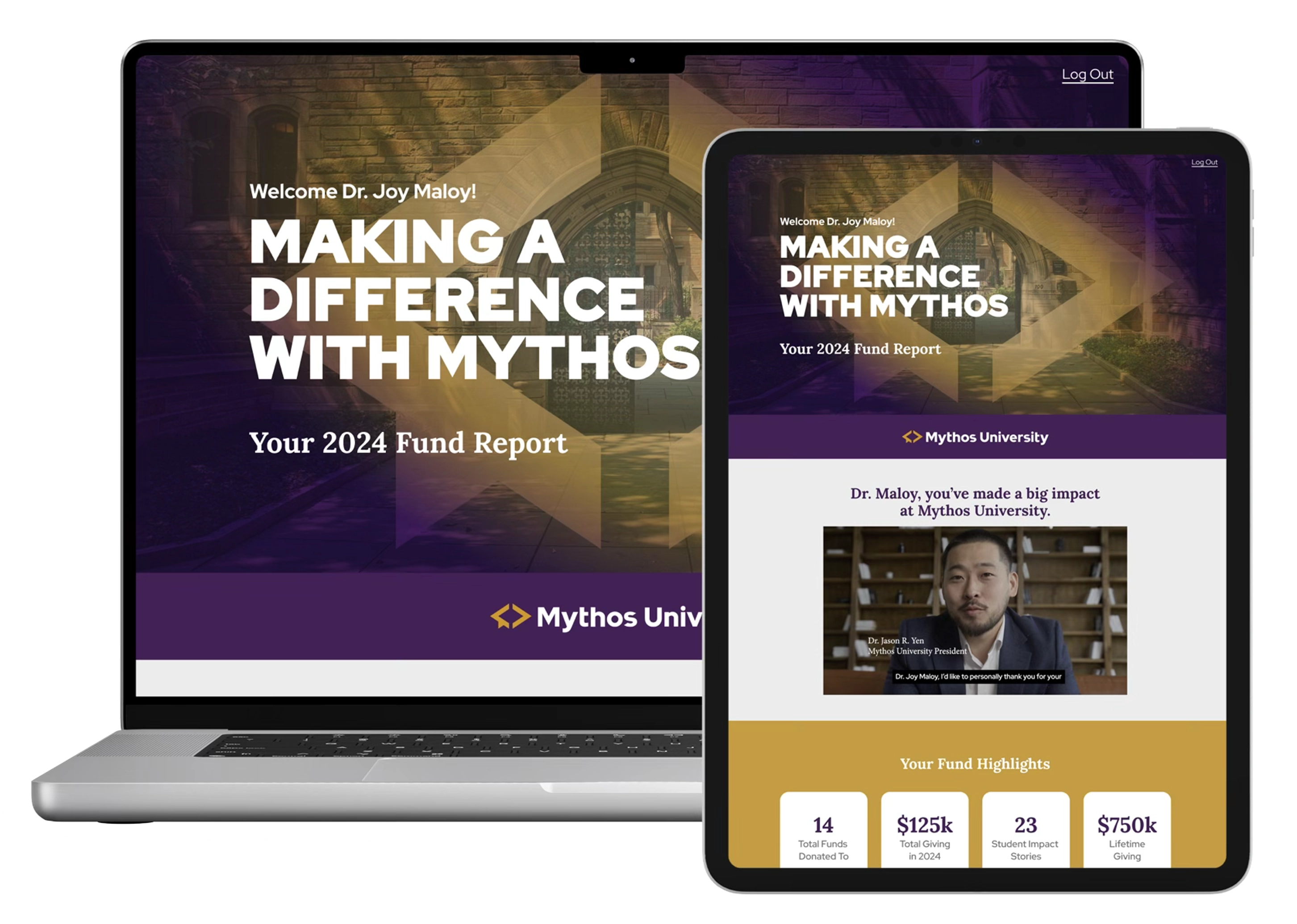If you were to ask your friends about the word philanthropy and what it means to them, chances are financial giving would be a common response. The word philanthropy has become synonymous with money, but the origins of the idea are much more complex. The concept is rooted in empathy and love for humankind, and of course the gift of fire.
In Greek Mythology, Fire was once a divine secret held from humanity by indifferent gods. Without this knowledge mankind lived in darkness and ignorance. One day, the Greek god of fire, Prometheus, took pity on mankind.
He stole an ember of fire from the workshop of Hephaestus—the god of metallurgy—and gave it to the insignificant humans living on the earth below. With this act, he brought the gifts of art, warmth, and knowledge. He gave humanity the tool it needed to build civilization and rise out of desperate poverty.
Prometheus would pay dearly for this theft. A much angered Zeus chained him to a rock and sent an eagle to eat his body for eternity. Prometheus understood the costs to his actions. Unlike many acts of mythology Prometheus was not angling for power or carrying out revenge. He knew he would be punished for his action and had nothing to gain by carrying out his theft. He did it out of selfless Philos (Love) - Anthropos (Of Mankind).
It was in the context of the play “Prometheus Bound,” written by the famous playwright Aeschylus in the early 5th century BCE, that the word philanthropos first entered the written record. The concept though would not have been alien to the audience. A sense of communalism and mutual aid was a universal virtue and expectation in Greek society. The ancient city states of the Mediterranean were not all that different in some ways from the hunter-gatherer bands that depended on each other for survival. The idea of loving mankind helped alleviate anxiety in a violent and uncertain world.
The ancient Greeks like us wanted their world to improve. They wanted to see their cities grow more beautiful, prosperous, and safe. The elite of the city felt both a sense of responsibility and pride in donating large sums of money to build public works. This philanthropy was an example of the natural human drive to contribute to the greater good. But the story of Prometheus expresses a different motivation for philanthropy.






